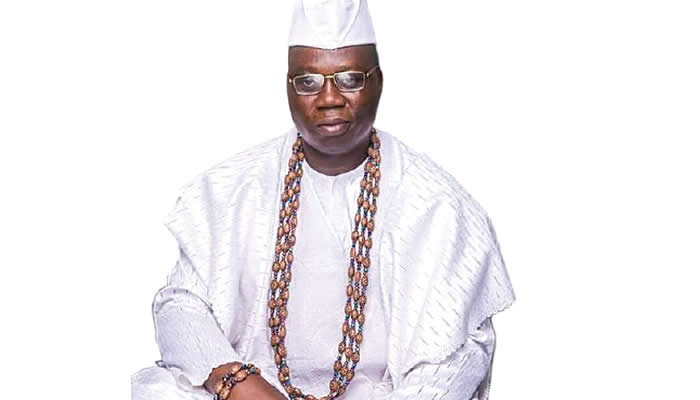Chief Gani Adams, a prominent figure in the pro-democracy movement following the annulment of the June 12, 1993, presidential election, reflects on the significance of that day, the state of Nigeria’s democracy, and the failures of governance 25 years after the return to civilian rule. For Adams, June 12 represents a pivotal moment when Nigerians transcended ethnic and religious divides to vote for Chief MKO Abiola, embodying the principles of democracy. He emphasizes that the June 12 struggle was a national one, extending beyond the Yoruba people, as Abiola garnered votes across diverse regions of the country.
However, Adams laments that the ideals of June 12 remain unfulfilled. He expresses deep dissatisfaction with the current state of Nigeria’s democracy, particularly the performance of the legislature and judiciary. He criticizes the rubber-stamp nature of the legislature, which he believes undermines the system of checks and balances essential for a functioning democracy. Furthermore, he raises concerns about the declining credibility of the judiciary, whose judgments on election tribunals and other critical matters are increasingly disappointing. He believes that the current system lacks the principle of national unity, essential for good governance and progress. He stresses the need for constructive dialogue and objective assessments of the government’s performance, emphasizing his desire to contribute positively to the nation’s progress rather than simply act as an opposition figure.
Adams calls for concrete actions to honor MKO Abiola’s legacy beyond public holidays and official ceremonies. He acknowledges the positive step taken by former President Buhari in declaring June 12 Democracy Day but urges President Tinubu to go further. Specifically, he advocates for the payment of the N45 billion debt owed to Abiola by the Nigerian government, emphasizing the need to support his family and revive his businesses. He also proposes immortalizing Abiola’s house in Ikeja, Lagos, as a monument to democracy, reminding both citizens and leaders of the importance of upholding democratic principles.
Reflecting on the 25 years since Nigeria’s return to democracy, Adams offers a stark assessment, arguing that the country has not made meaningful progress. He asserts that corruption is rampant, far exceeding levels seen during military rule. He points to the misappropriation of local government allocations by governors and the control exerted by the Federal Government over state resources as evidence of this systemic corruption. He calls for restructuring to address these fundamental flaws, arguing that a stable foundation is essential for building a strong democracy. He further criticizes the high level of impunity among political leaders and the emasculation of local government chairmen, hindering genuine democratic progress.
Adams also expresses concerns about the current administration’s commitment to democratic principles and inclusivity. He highlights the lack of independence of the judiciary, arguing that its dependence on the executive for funding compromises its ability to act impartially. He contrasts this situation with other countries where the judiciary receives its allocation directly from parliament, ensuring its independence and the ability to provide a check on executive power. He stresses the importance of an independent judiciary as the last hope of the common man, providing recourse against government overreach.
Finally, Adams criticizes the challenging economic situation, pointing to the negative impact of the exchange rate on ordinary Nigerians, particularly those seeking medical treatment abroad. He notes that even those within the government are complaining about the state of the economy, highlighting the widespread hardship and the need for effective policies to address these economic challenges. He underscores the transient nature of power and urges politicians to prioritize good governance and the well-being of the citizens.


